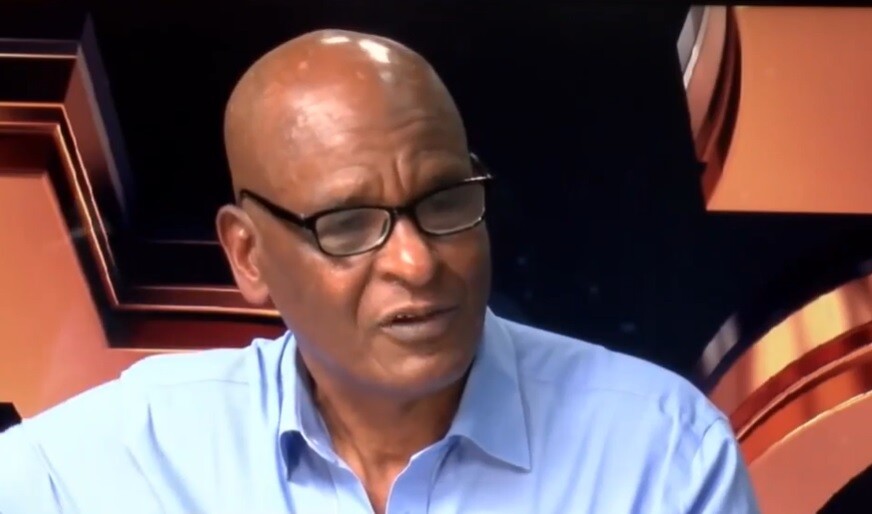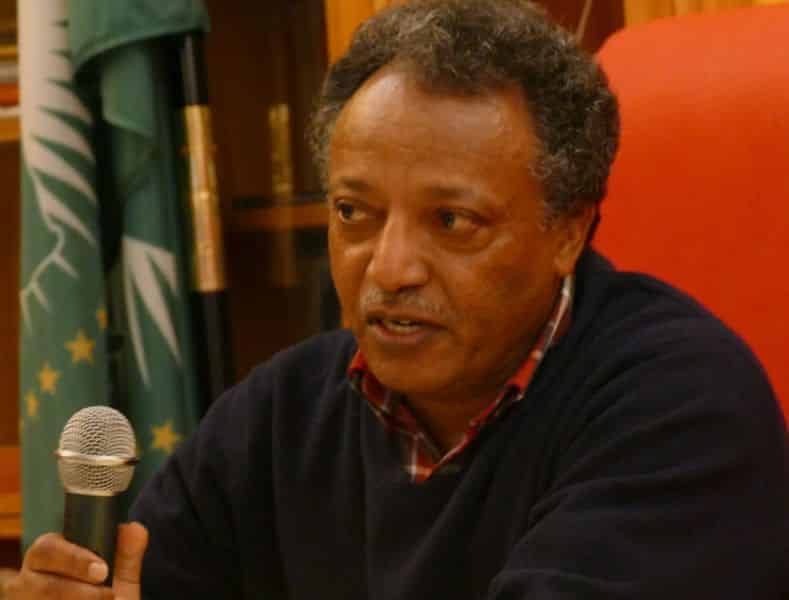By Associated Press
WASHINGTON — A federal judge reacted skeptically Tuesday to the Obama administration’s request to dismiss a lawsuit by an American citizen who says he was held in Africa for four months and allegedly interrogated more than 30 times by U.S. officials.
At a two-hour hearing in Washington, U.S. District Judge Emmet Sullivan repeatedly said he was required to accept as true at this early phase of the case the allegations by Amir Mohamed Meshal.
Meshal says that U.S. officials threatened him with torture, forced disappearance and other serious harm unless he confessed to ties with al-Qaida in Somalia.
Meshal became caught up in anti-terrorism operations in the Horn of Africa. He and thousands of other civilians fled Somalia where he says he had gone in 2006 to study Islam. Ethiopian troops invaded Somalia with tacit U.S. government backing in support of a weak, but internationally backed, government and Meshal was apprehended in a joint U.S.-Kenyan-Ethiopian operation along the Somalia-Kenya border.
Meshal is suing two FBI agents and 12 other unnamed people working for the U.S. government.
Lawyers for some of the defendants said Meshal’s lawsuit should be thrown out because of the sensitivity of national security operations outside the United States.
Court precedents counsel caution in such circumstances against letting lawsuits go forward, Justice Department attorney Mary Mason argued.
Sullivan disagreed, saying that no aspect of the case involves matters taking place in a war zone and that federal courts routinely deal with sensitive national security issues.
Seeking unspecified compensatory and punitive damages, Meshal, a Muslim man living in Tinton Falls, N.J., said that before he was freed, he was subjected to unlawful rendition from Kenya to Somalia and Ethiopia carried out at the behest of U.S. officials.
The lawsuit says Meshal’s constitutional rights to due process were violated as was his right to be free from unreasonable search and seizure.
U.S. authorities in Washington have said they had interviewed Meshal in Kenya and that they determined he was not a threat and had not violated U.S. law. The State Department also said it formally protested his deportation from Kenya to Ethiopia.
Copyright 2011 The Associated Press. All rights reserved. This material may not be published, broadcast, rewritten or redistributed.










